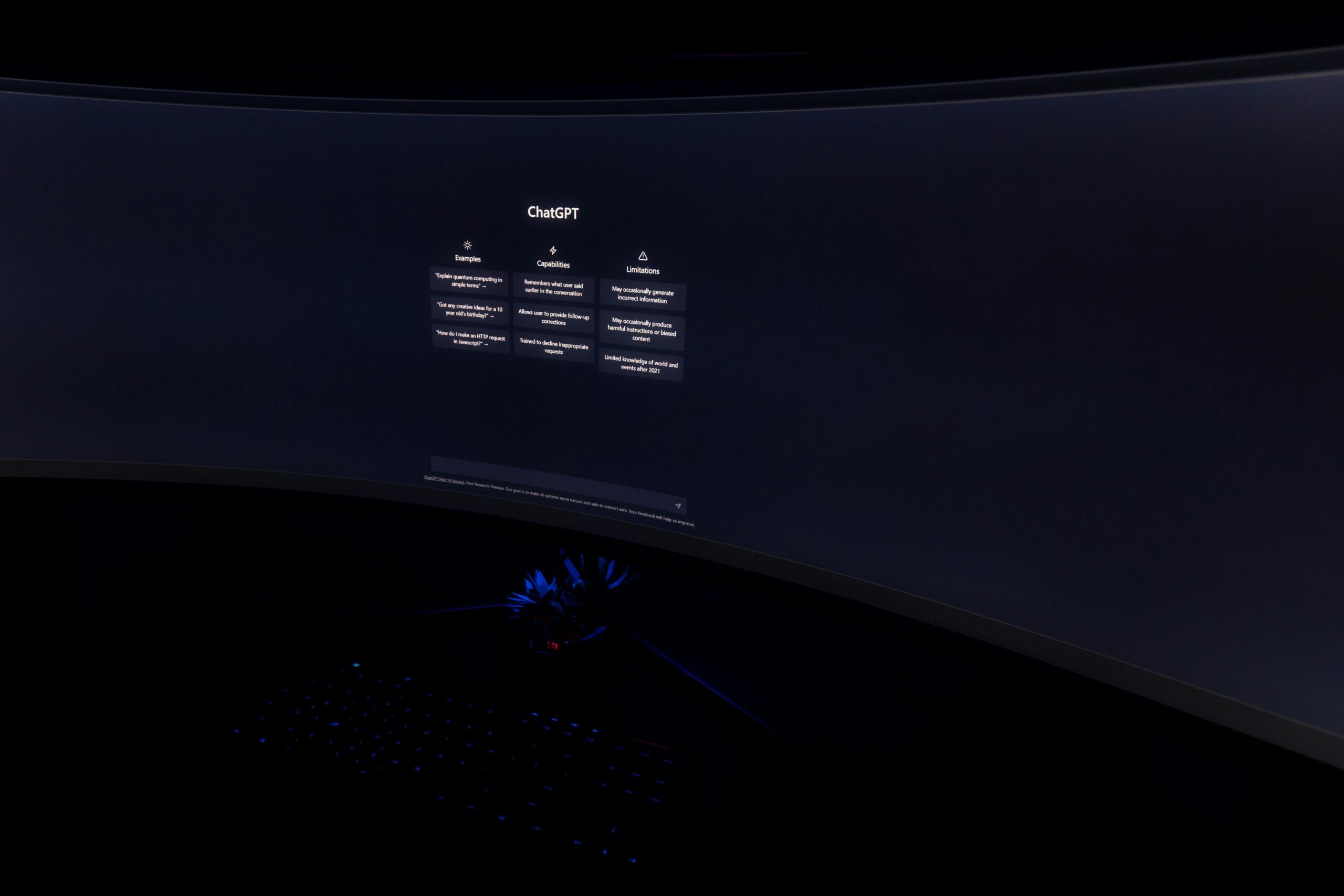OpenAI’s revealing of Sora, a text-to-video generation tool, marks a significant milestone in the field of artificial intelligence. While not yet accessible to the general public, Sora has garnered widespread attention for its capability to transform short text prompts into high-quality, realistic videos. CEO Sam Altman has disclosed that a limited group of creators are currently testing the tool, with users encouraged to submit prompts for experimentation. Initial demonstrations have showcased Sora’s versatility, depicting scenarios ranging from podcasting mountain dogs to fantastical duck-dragon hybrids.
The advent of Sora represents a leap forward in AI technology, with potential applications across diverse sectors such as entertainment, marketing, education, and virtual reality. Its capacity to seamlessly translate text into engaging visual content has the potential to redefine storytelling and content creation processes. However, amidst the excitement surrounding Sora’s capabilities, there are legitimate concerns regarding its ethical implications and societal impact.
One of the foremost concerns is the potential for Sora to contribute to the propagation of misinformation and manipulation. The emergence of deepfake technology has already demonstrated the ease with which fabricated content can be disseminated, posing serious threats to public discourse and trust in media. Sora’s ability to generate convincing videos from text prompts raises similar apprehensions, particularly in an era where the authenticity of digital media is increasingly called into question.
Furthermore, the opacity surrounding the data sources used to train Sora raises pertinent questions about intellectual property rights and algorithmic bias. Without clear insight into the training data, there is a risk of perpetuating biases or inadvertently incorporating copyrighted material into generated content. OpenAI’s commitment to engaging with stakeholders and addressing concerns is commendable, but transparency regarding the model’s training data is essential for fostering trust and accountability.
As Sora progresses through further development and testing phases, it is imperative for regulatory frameworks and industry standards to evolve in tandem. Collaborative efforts between policymakers, technology companies, and civil society organizations are essential to establish robust guidelines and safeguards for responsible AI usage. Balancing innovation with ethical considerations is paramount to harnessing the transformative potential of AI technologies like Sora while mitigating potential risks to individuals and society at large.
